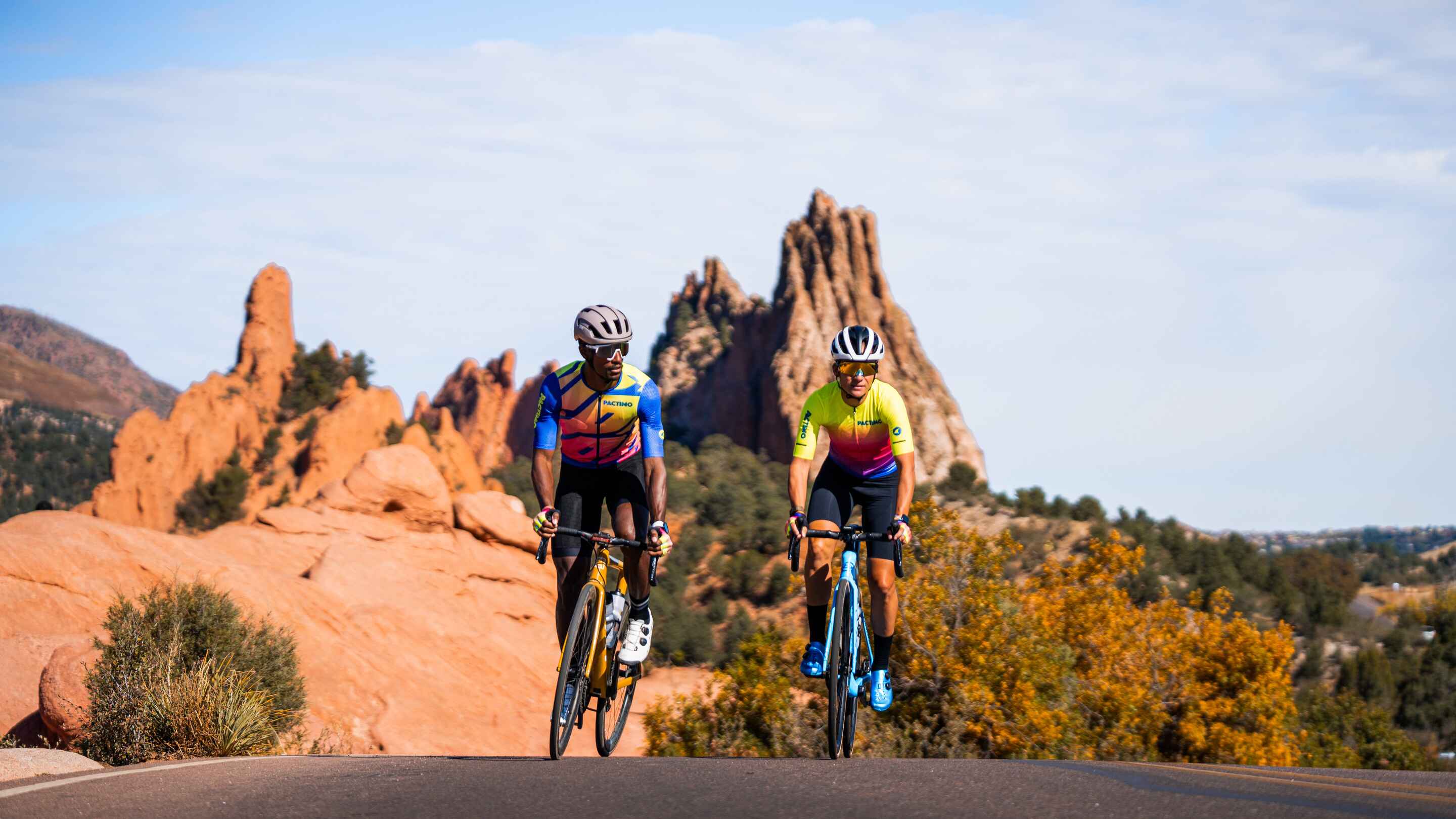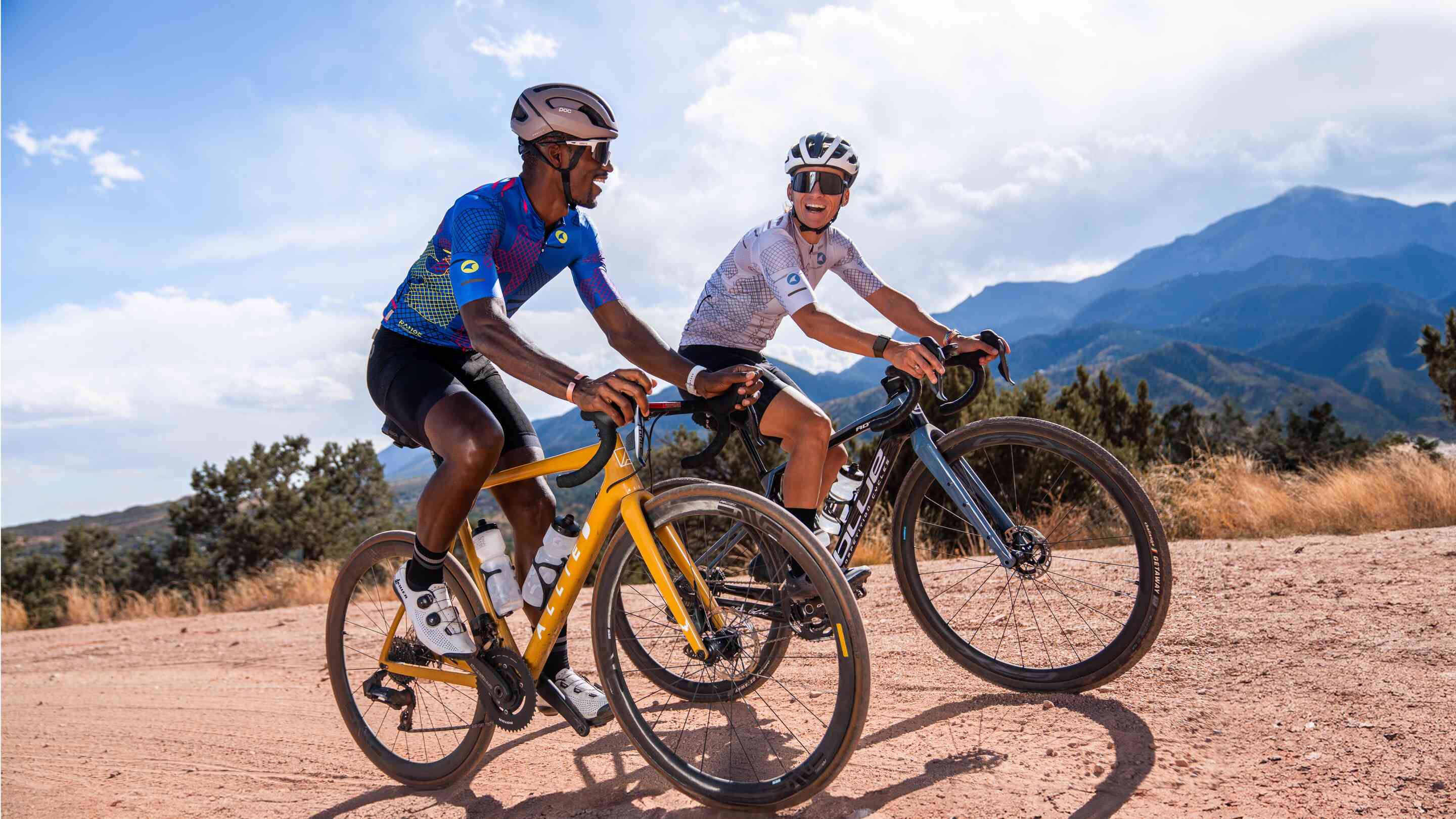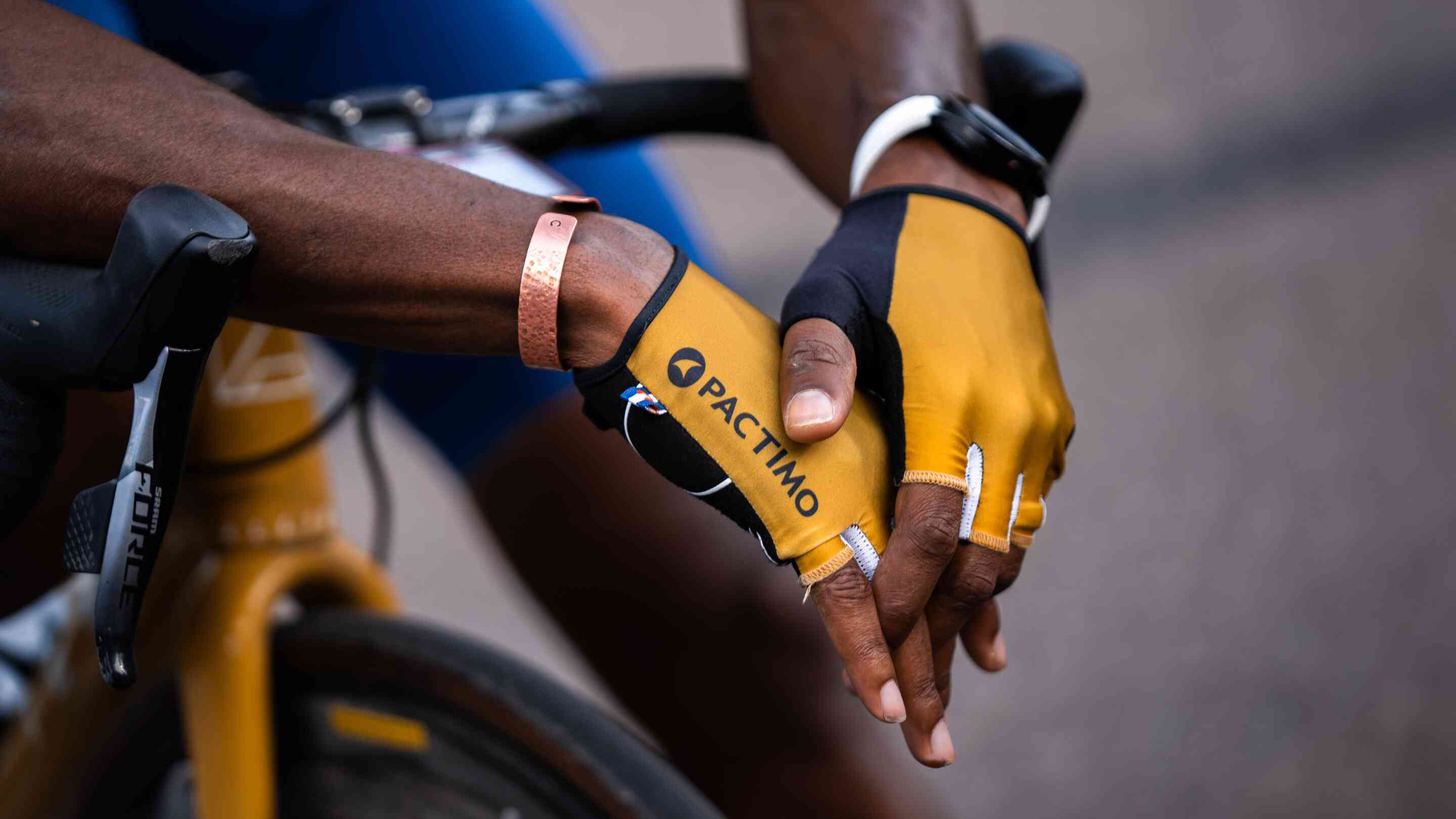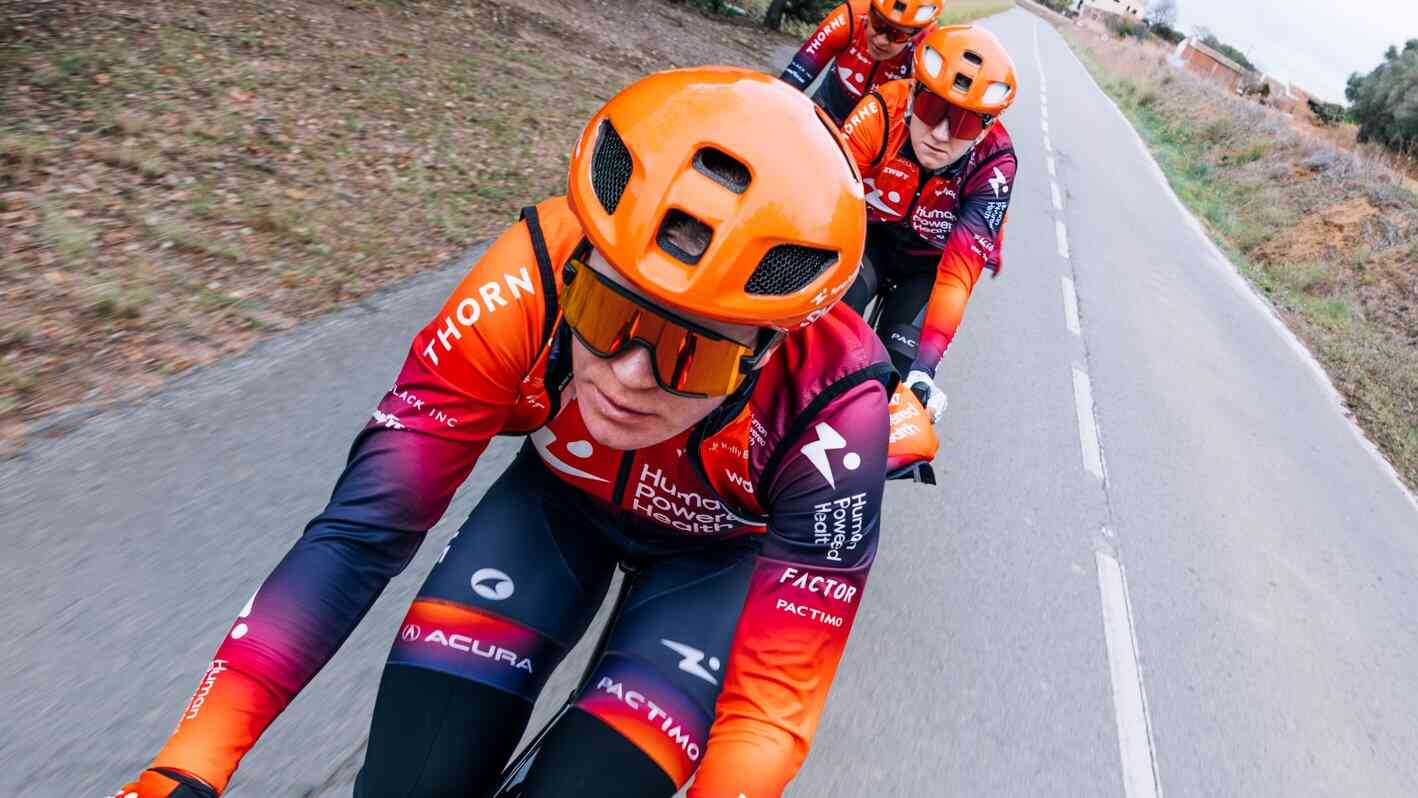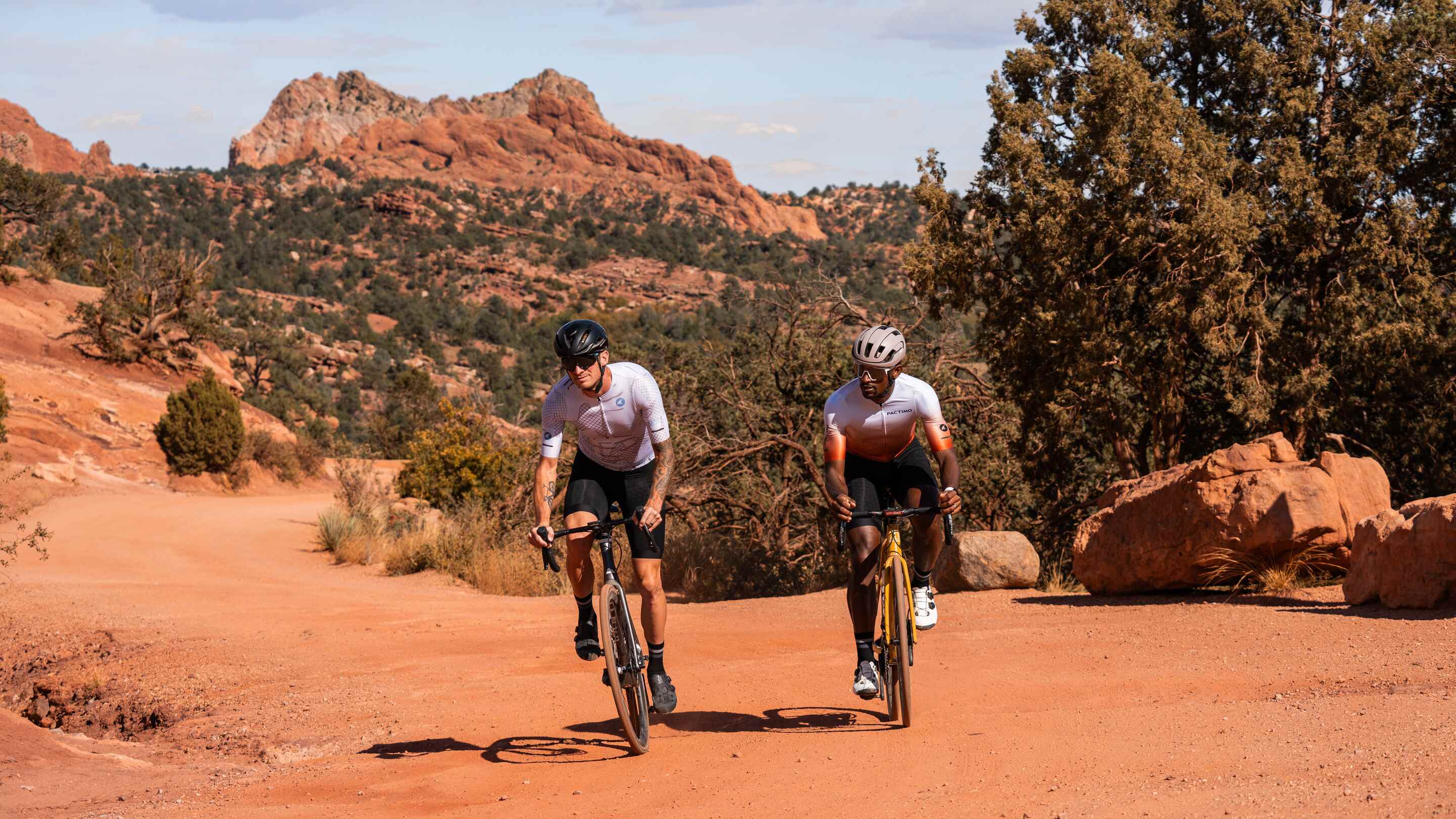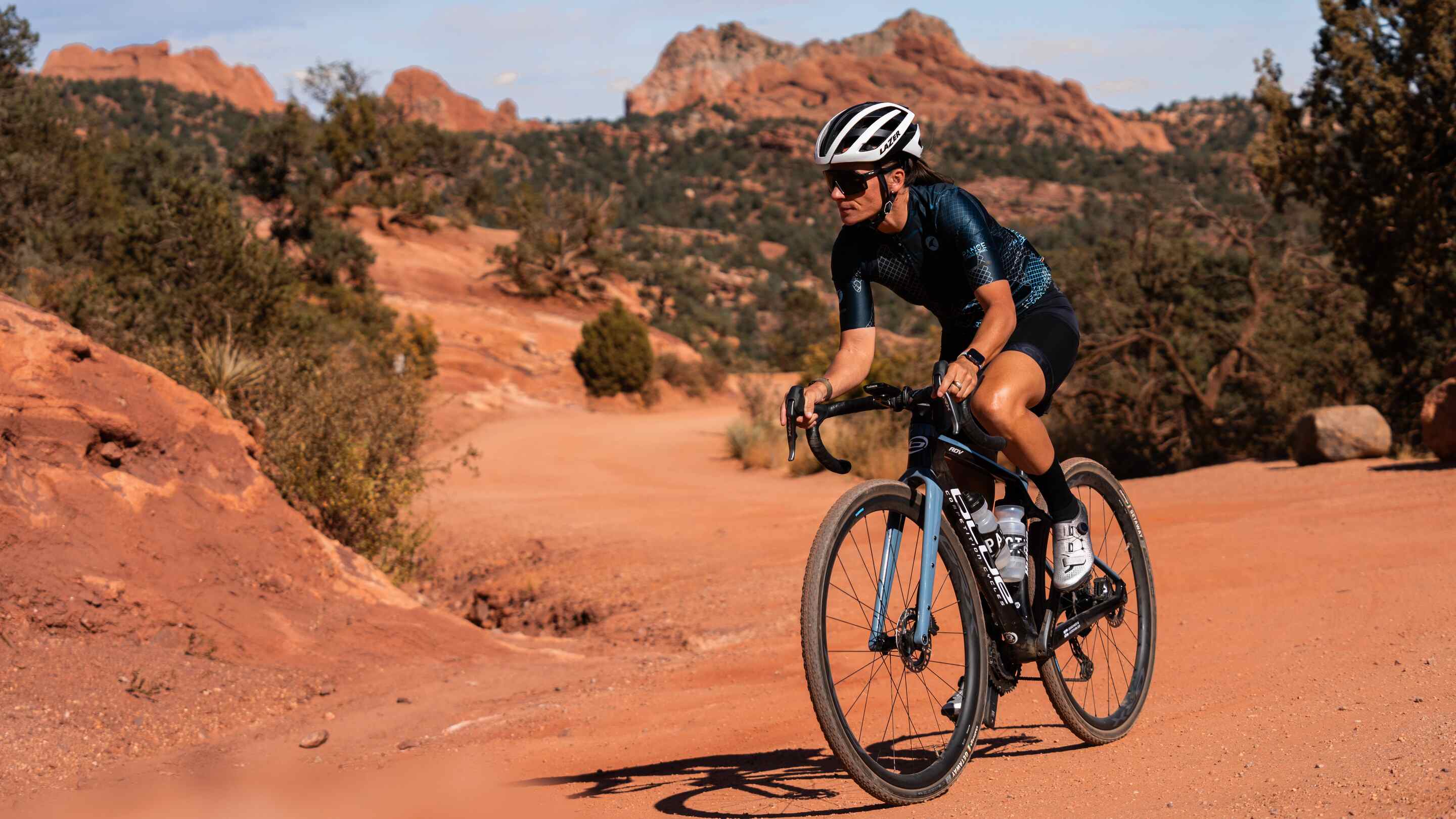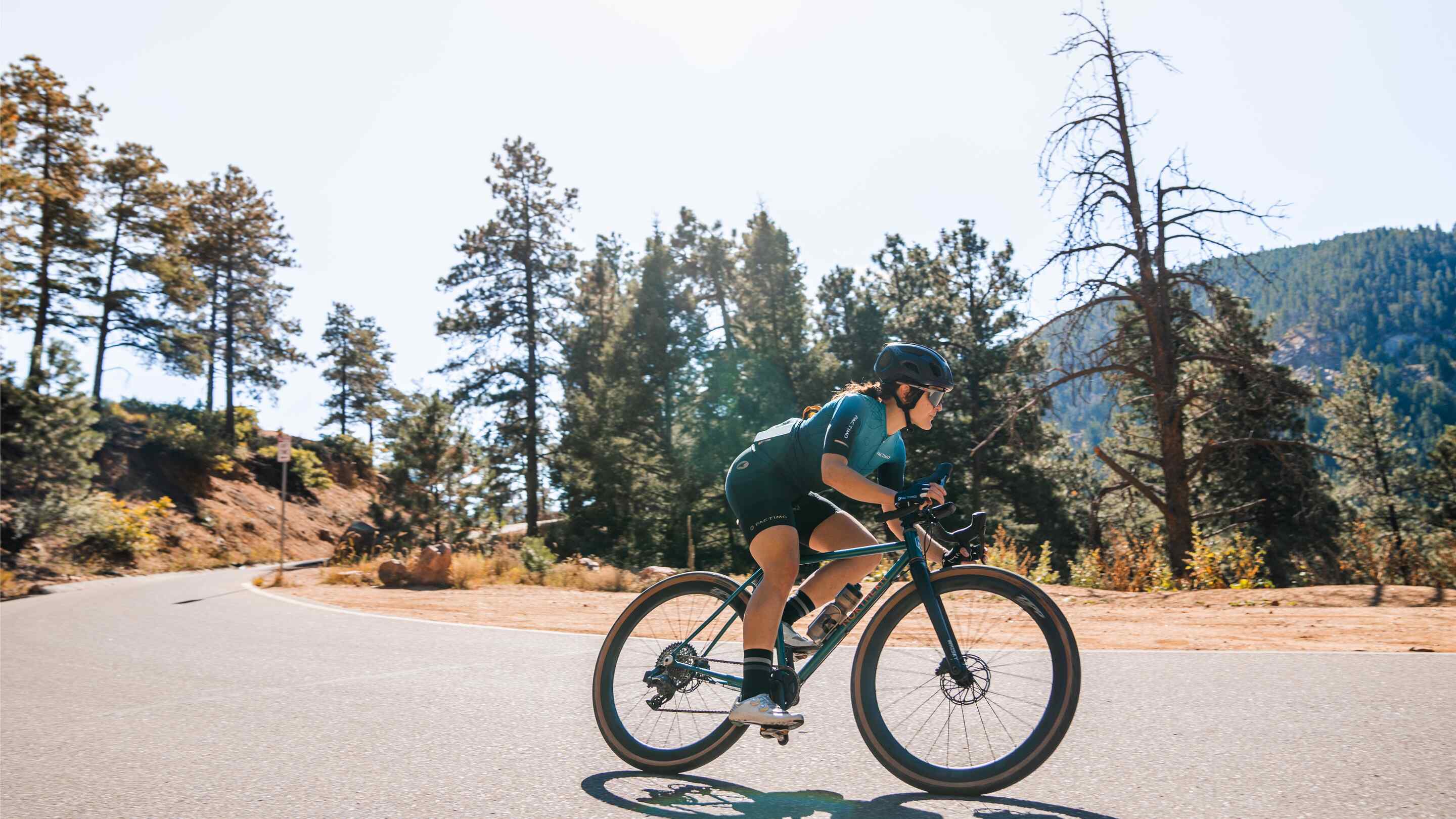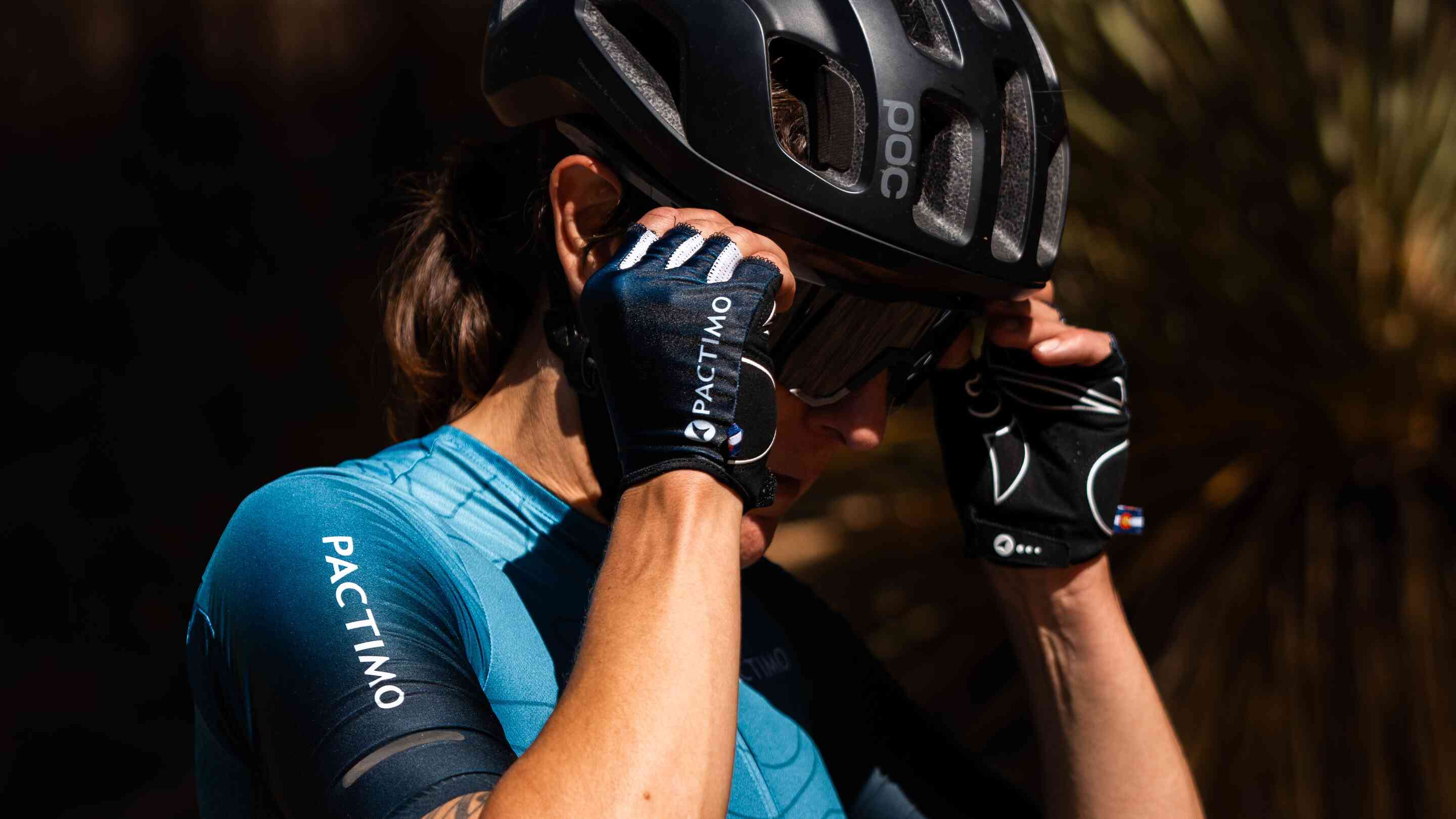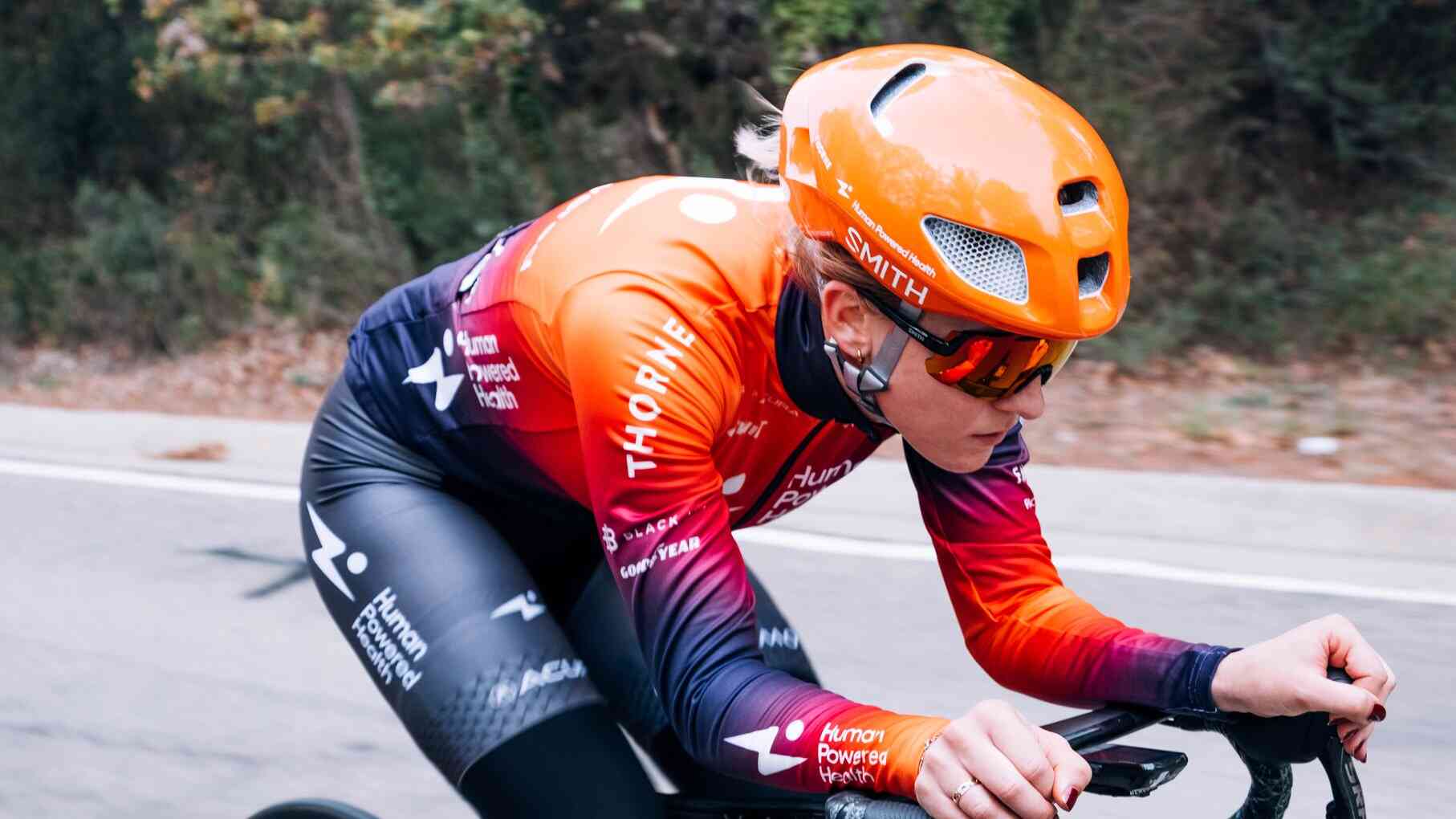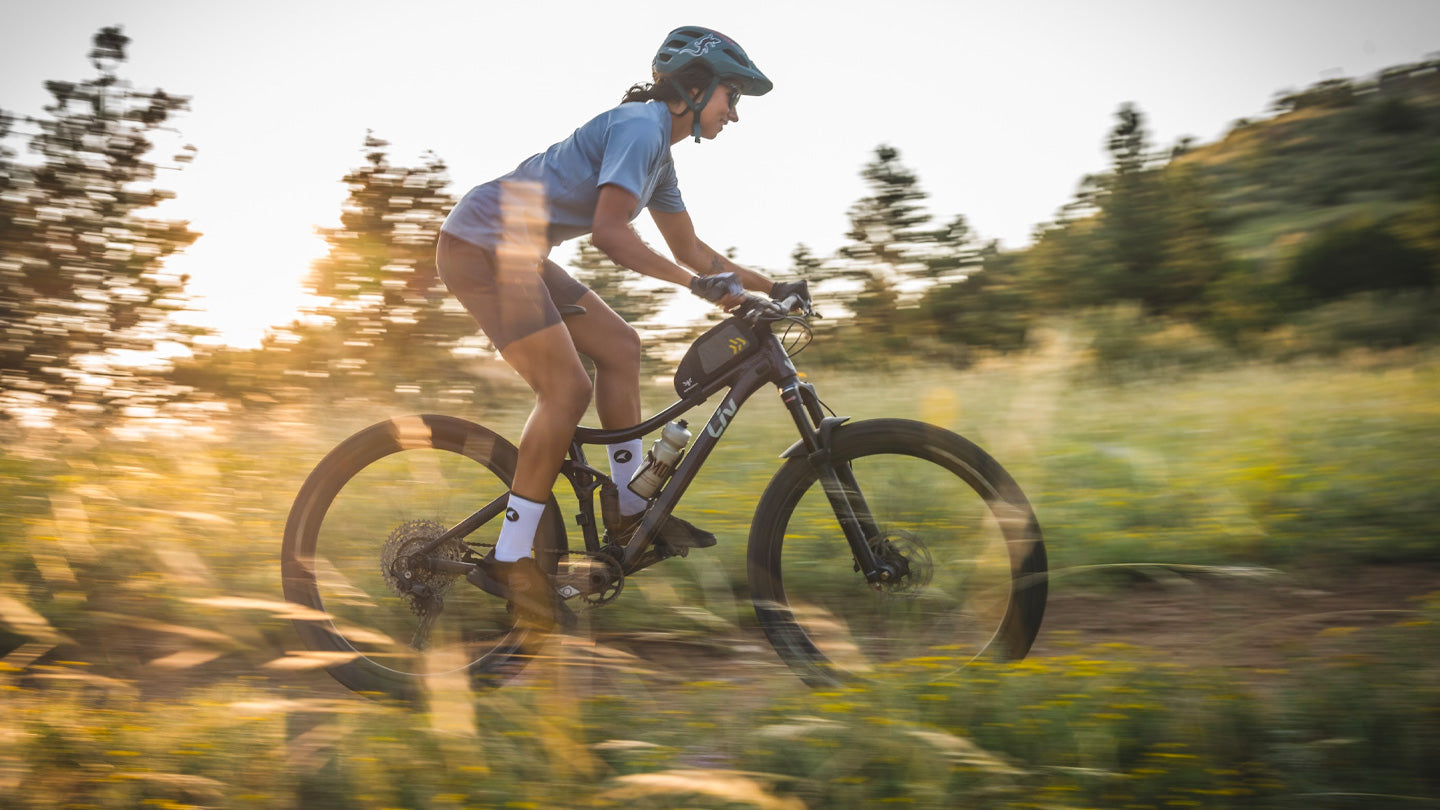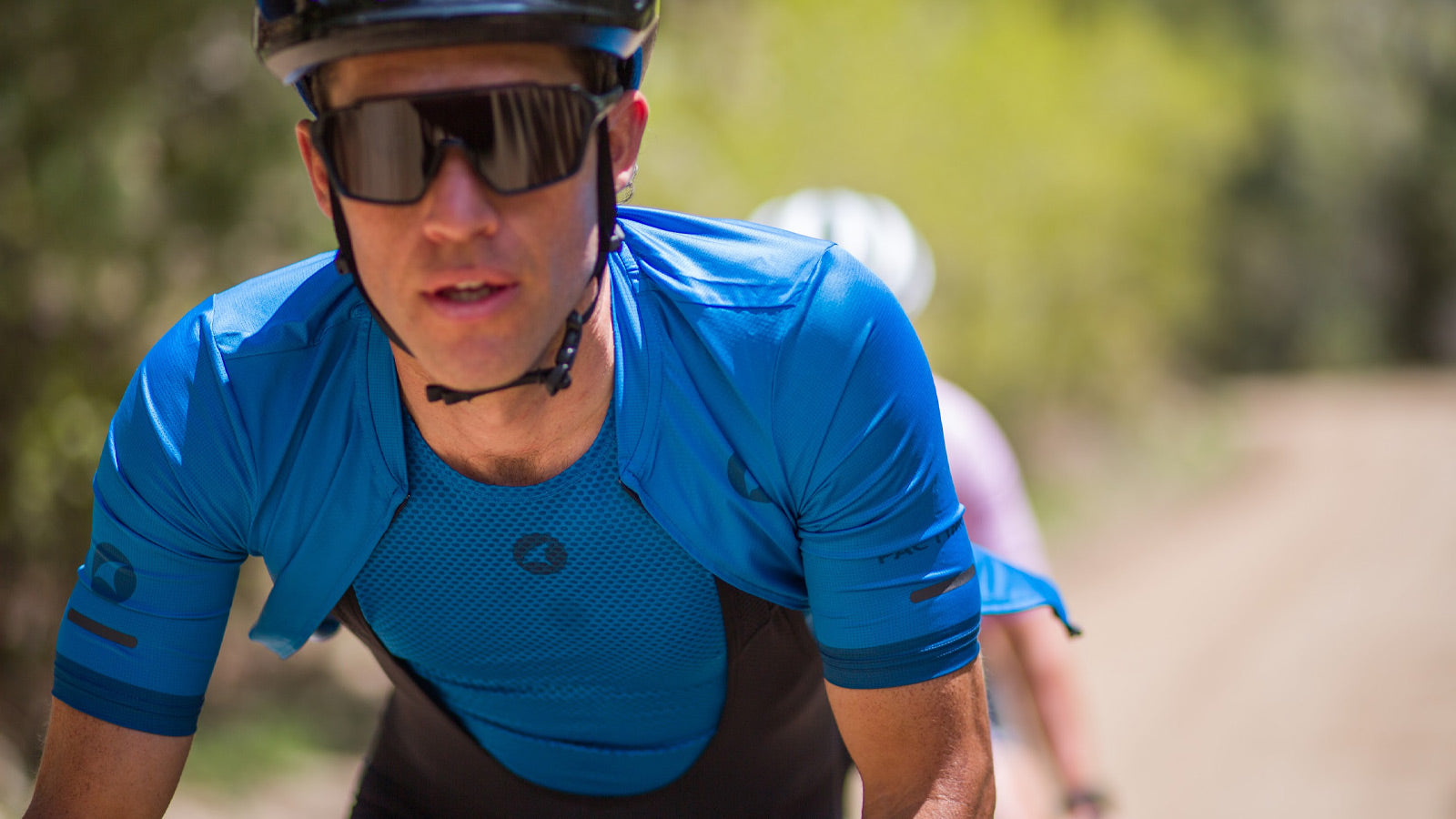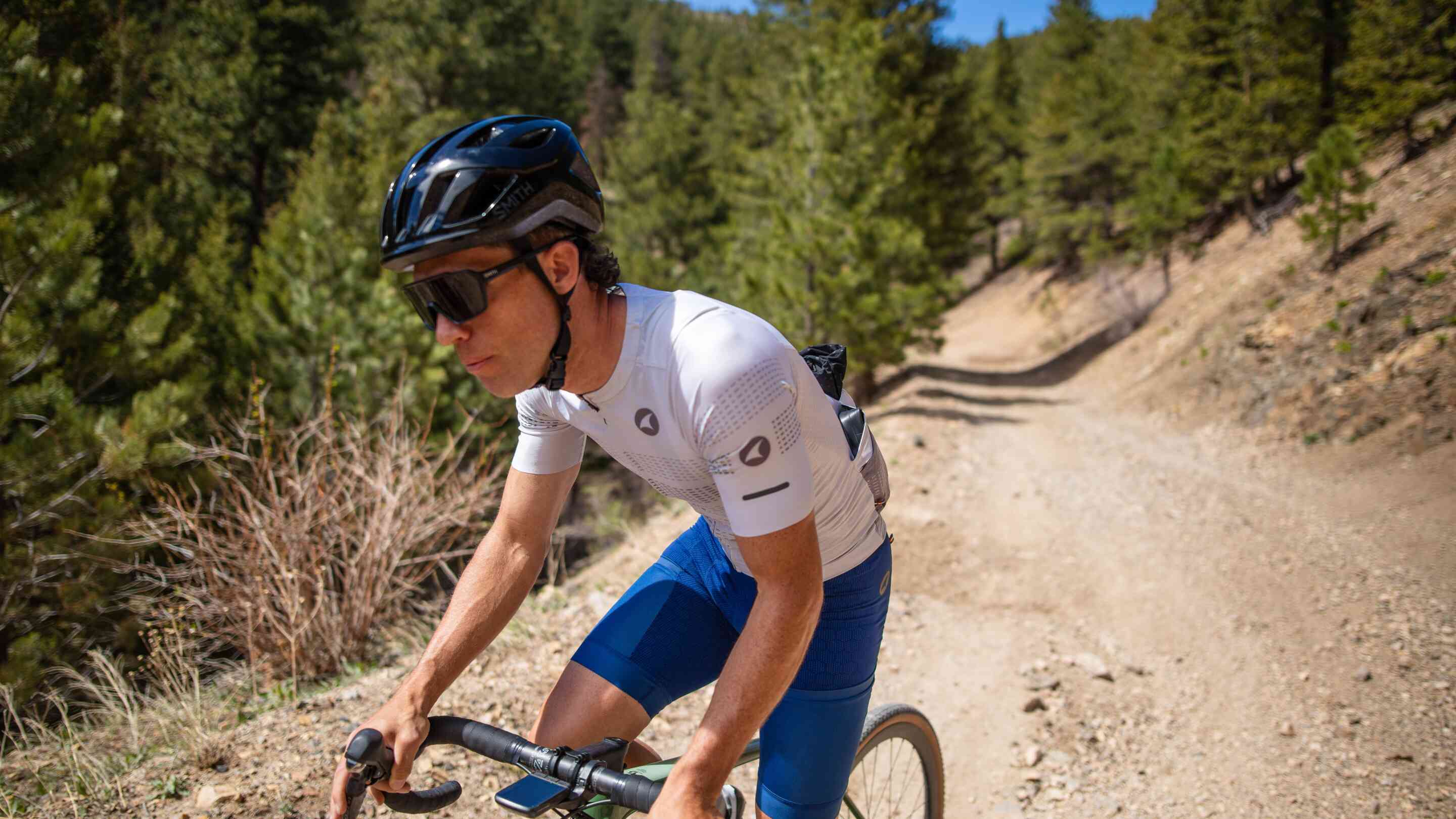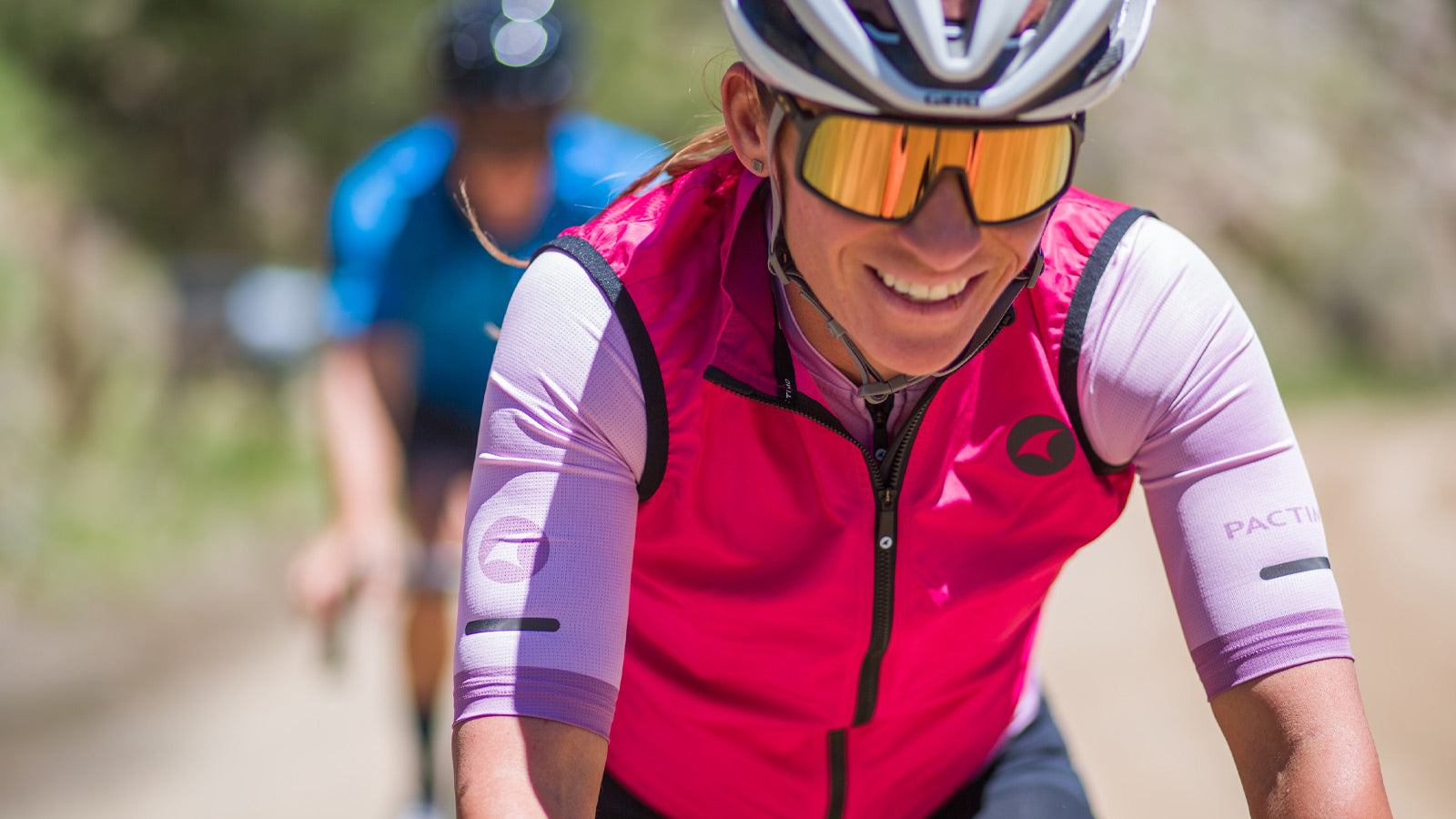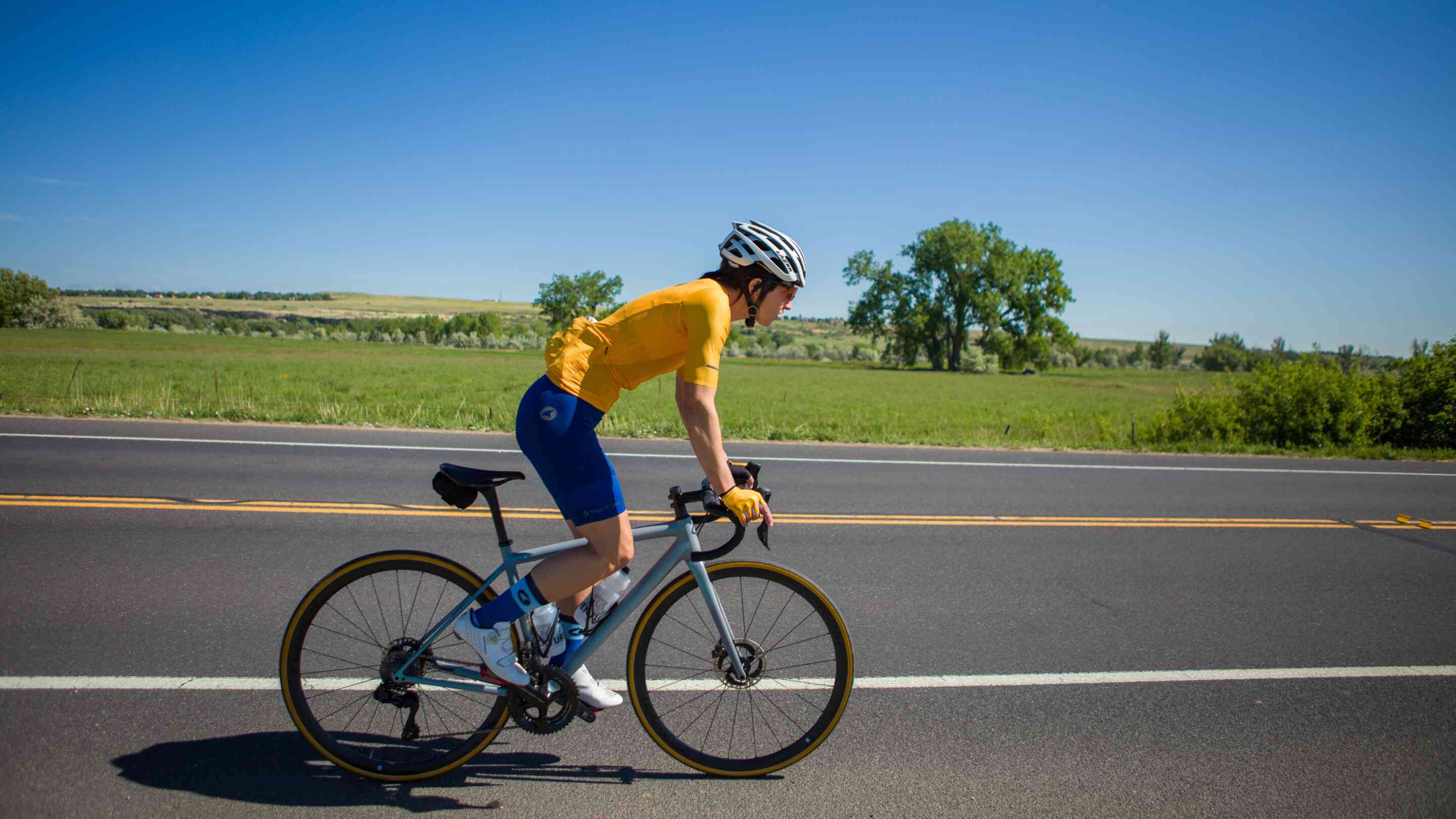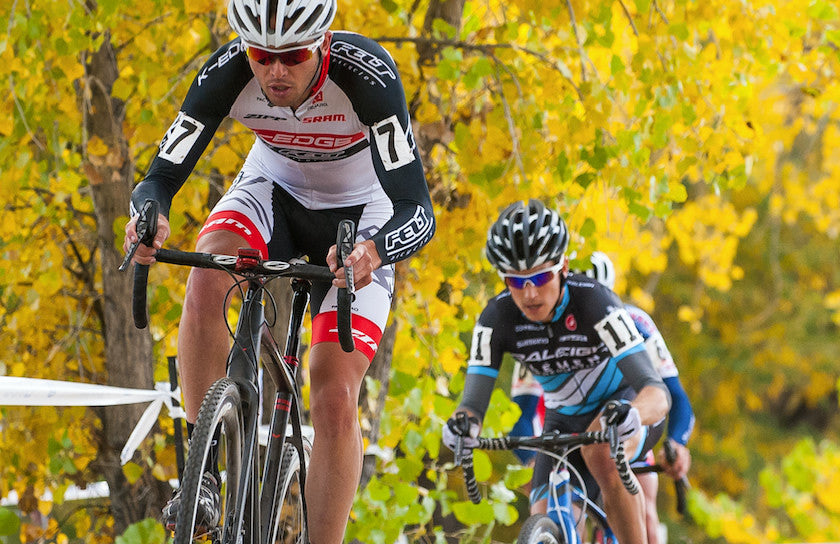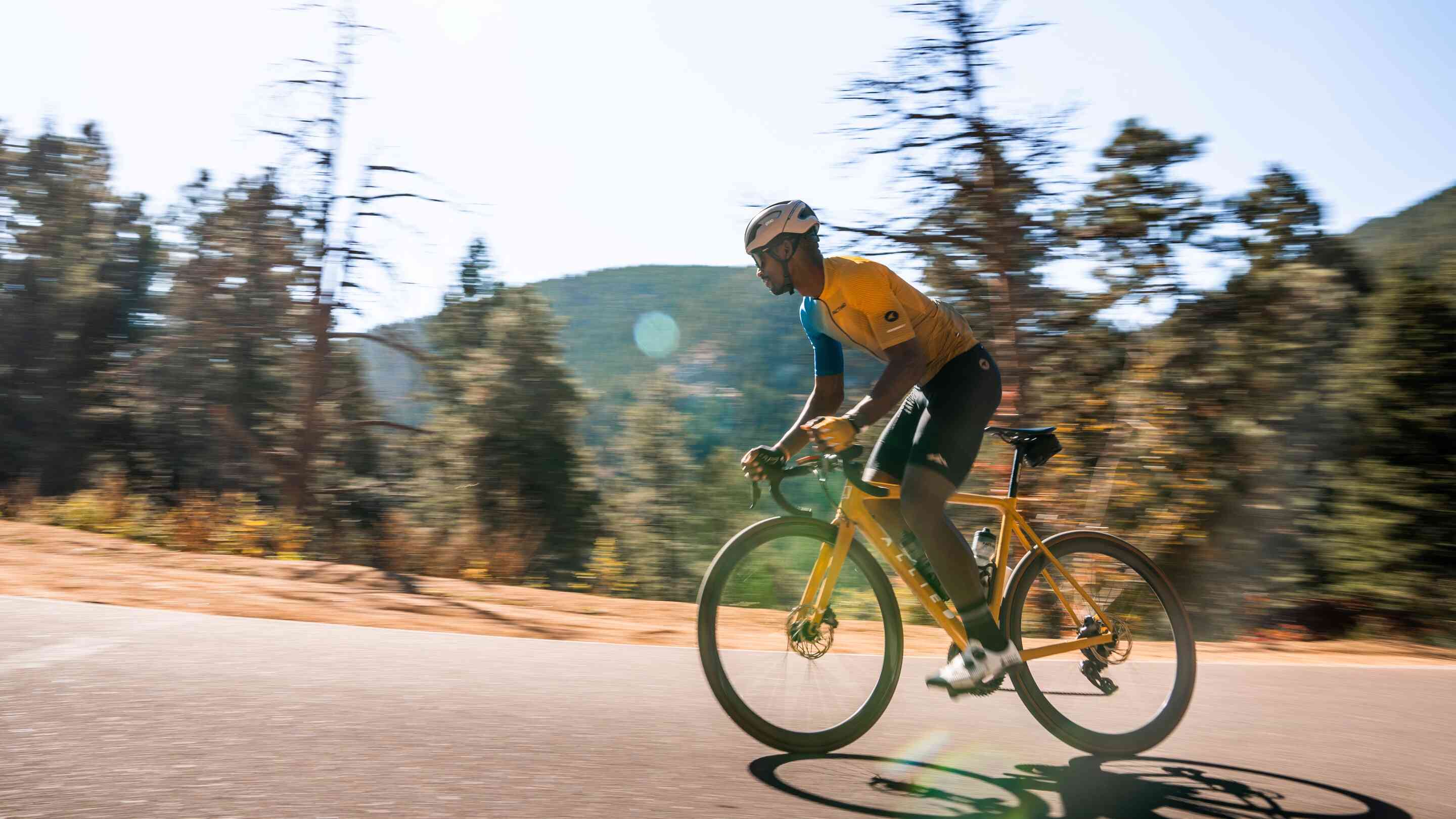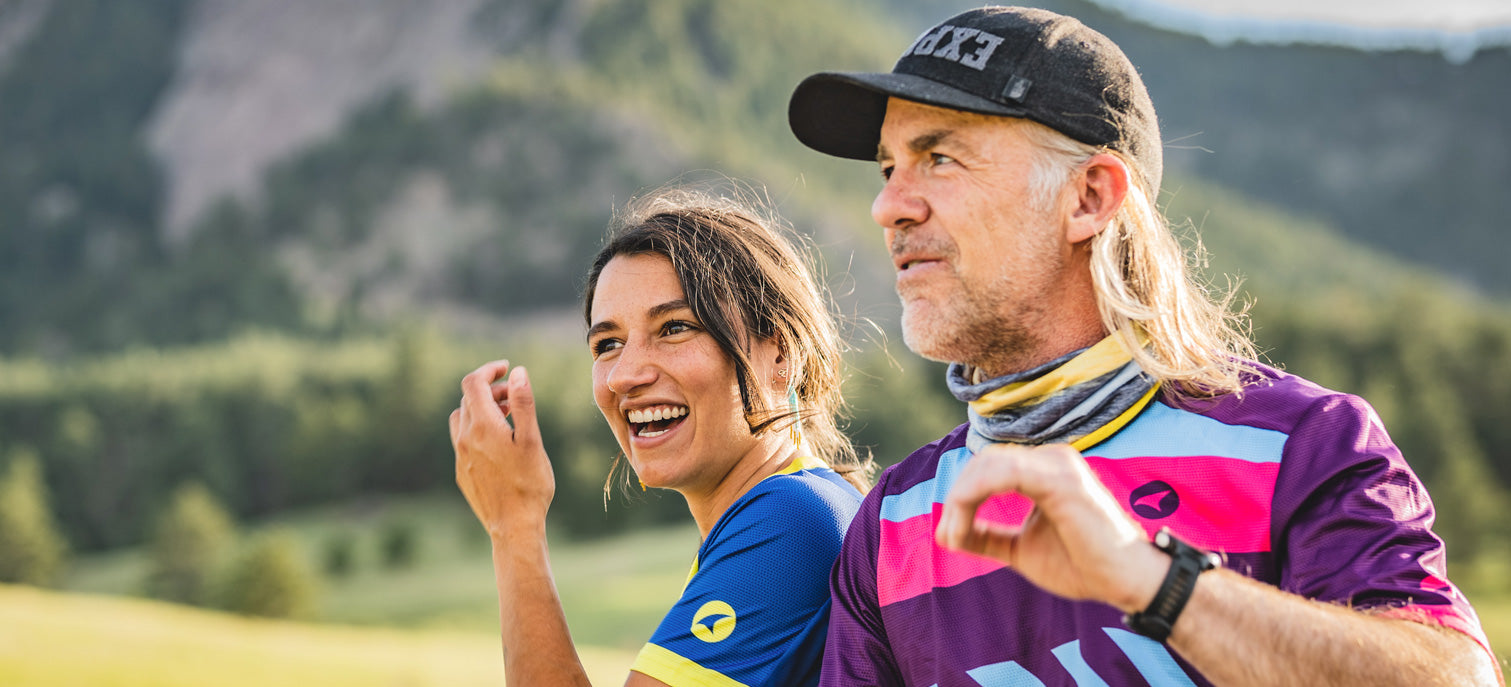In part one of the cyclo-cross essentials series we talked about the various techniques needed to race cyclo-cross. In part two we are going to talk about equipment choice, everything from tire pressure, specific tire choice, brakes, bike set up and even the importance of having two bikes. The correct equipment and especially tire choice can literally make or break a race.
Tire Pressure
Rider Weight: Tire pressure really comes down to rider weight. A heavier rider will need more pressure than a lighter rider to get the same feeling from the tire.
Tubular or Clincher: Pressure depends if you are running tubular or clinchers. With a tubular you can generally run a much lower pressure which will aid grip without having the fear of getting a pinch puncture like you would with a clincher.
Course Obstacles: If there are lost of curbs, rocks or roots then the tires need to be harder to minimize pinch flats.
Conditions: Most people generally ride with their tires too hard. You need to feel the tires squash and bite looking for traction in the corners. As conditions get slippery and muddier pressures need to be lowered to maintain grip levels. Even in fast dry conditions, not going too hard is crucial. When the ground is hard, too high a tire pressure can lead you bouncing your way round the course. Every time the tire leaves the ground you are losing grip and drive.
Level of Experience: Experience will enable you to know what pressure is too low. You need to practice riding at low pressures especially at race pace. If you feel the tire folding rather than holding shape and using the tread to grip then you have gone too low.
Tire Choice
Course Conditions: Tire choice comes down to the course conditions and what you have available.
File Tread: Really fast treat used for sand races and grassy courses where grip levels are high. (Challenge XS, FMB sprint, Dugast Pipistrello).
Arrowed Tread: Used for grassy, slightly muddy conditions but generally grip levels are still high or you can ride a line where grip is still available on course. This tread is still fast in CX terms. (Challenge Griffo, FMB SSC, Dugast Typhoon).
Intermediate Tread: Fast in a straight line with better cornering or edge grip. For those courses where straight line grip isn’t key and you want to keep rolling resistance low but there might be a few off cambers or lots of corners where you need grip. (Challenge Baby Limus, FMB Slalom, Disgust pipisqualo).
Full Mud Tread: Generally slower but offering much higher levels of grip in slippery conditions and heavy mud. (Challenge Limus, FMB super buds, Dugast Rhino).
Skill Level: This determines how much grip you require. Generally you want to be using the fastest tread possible without compromise. This means not having to sacrifice corner speed or riding up a certain hill just so you feel fast down that one section of road. Remember you might be fine in the corners with a low heart rate at cruising speed but will that tread be OK with an 180BPM heart rate and a bit of added speed come the race.
Can Change: Don’t forget in a cross race you can change equipment if conditions are changing during the race. If needed don’t be afraid to change the tires you are using mid race, change bikes and get your pit crew to change your wheels. Also again the front and rear tires do not have to be the same. If you need a bit of extra grip in the corners but the course is generally fast, intermediate or mud front with arrowed rear setup is valid.
Brakes
Pro’s and Con’s: A big debate over the last few years or so in cross has been Disc or Cantilever brakes. Certainly over the past 18 months disc brakes have become very popular. There are pro’s and con’s for both.
With discs overtime you hit the brakes the braking is the same, discs always give you powerful braking even in mud and sand. Cantilever brakes can be a little more hit and miss depending what is on the rim when you hit the brakes. Because of this in muddy or wet conditions you need to brake much earlier on cantilever brakes compared to what you would on disc brakes.
However disks are still heavier and there are some compatibility issues with certain wheel/frame options although these are fast becoming ironed out and more options are flooding onto the market. For people looking to upgrade bikes it does not make sense to go to discs now as it is soon becoming the standard.
Bike Setup
Comfort: Bike setup is very personal and a good bike fit will help but comfort is key as you have to ride across all surfaces.
Less Extreme: A cross setup is much less extreme than a road setup, seat to bar height drop won’t be as big on a cross bike. Set the levers a little higher so you are not so far forward over the front of the bike on downhills.
Balanced: You need to be balanced on the bike for cross, and sit more upright into corners without too much weight on the front wheel as this will cause you to washout. You need just enough weight to gain grip.
Durable: Equipment needs to be durable so that it lasts all conditions, don’t go for ultra-light equipment that will break but equally extremely heavy equipment will put you at a disadvantage so look for solid reliable equipment that’s not too heavy but will last.
Two Bikes: You are allowed 2 or more bikes in a cross so if you have them then make the most out of them. Even at a local race level, in muddy conditions you will benefit massively from changing to a fresh bike. Just make sure these are set up the same as it’s no use if your favor one bike over the other and because of it don’t want to change bikes as you feel at a disadvantage on your other bike.
. . . . . . . . . . . . . . . . . . . . . . . . .
Dig Deep Coaching provides unrivalled complete coaching solutions from specific coaching packages to an array of sports professional services. includes sports massage, sports nutrition, performance testing, powermeter rental, professional RETUL bike fit and more!
Visit digdeepcoaching.com for more information.
Pactimo is proud to partner with Dig Deep Coaching in Belfast to bring premium cycling apparel to the UK and Ireland.

